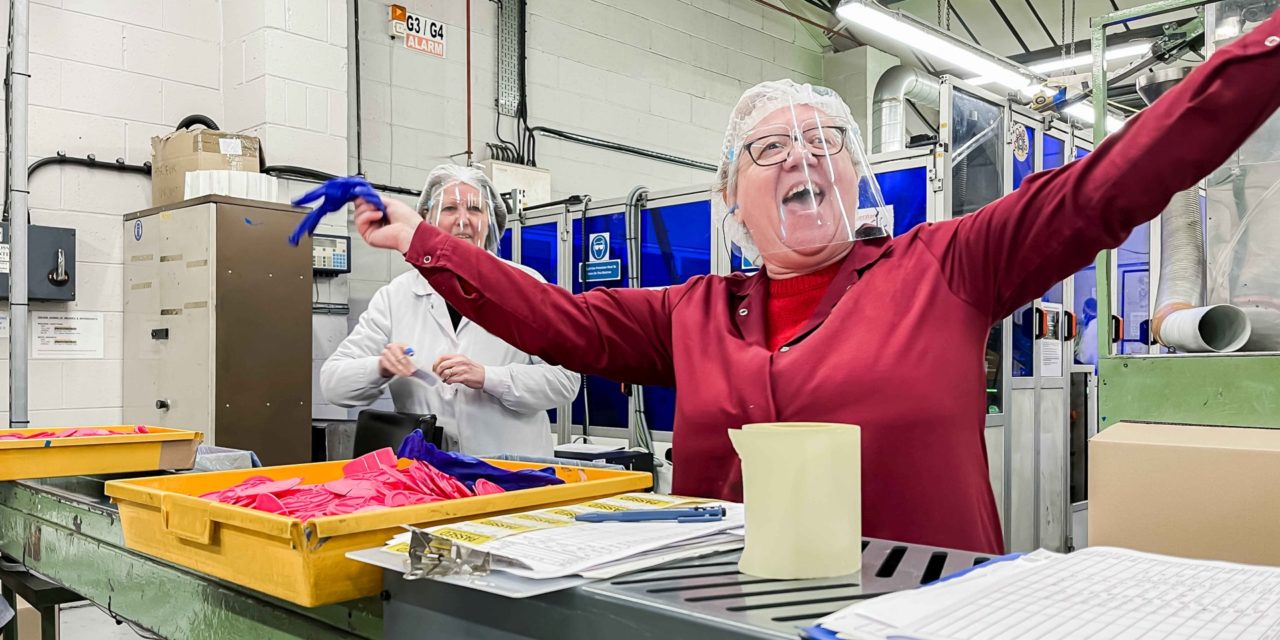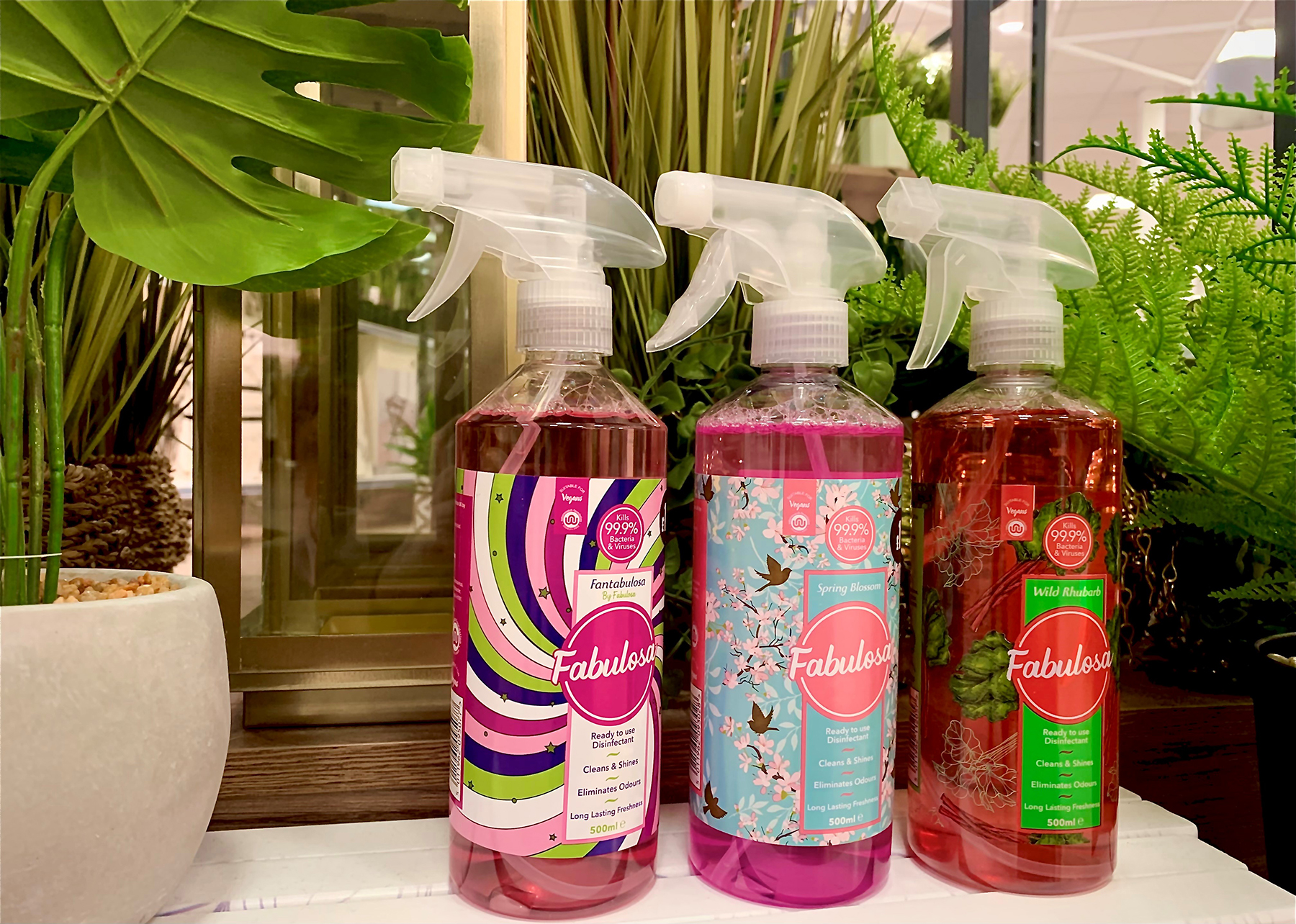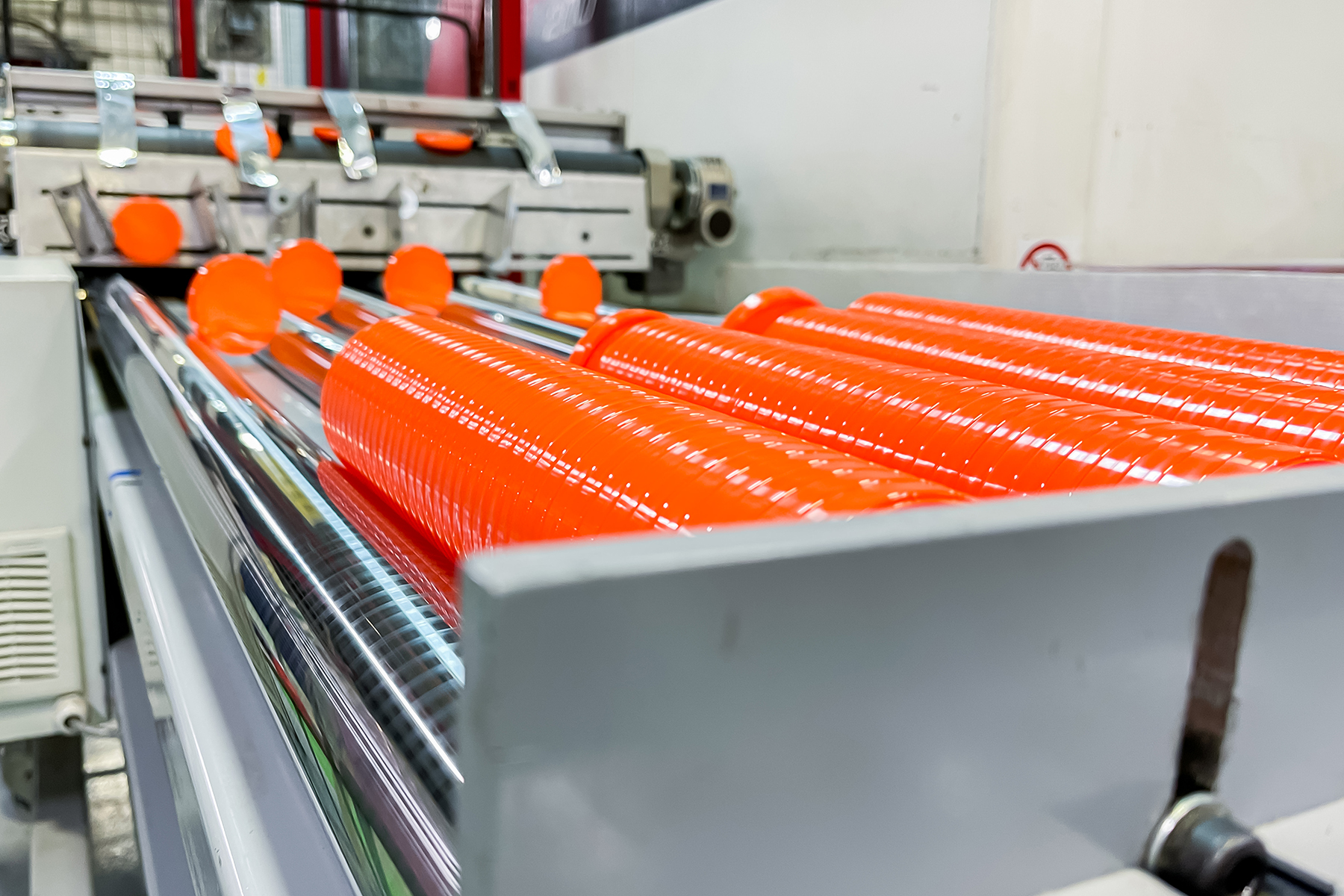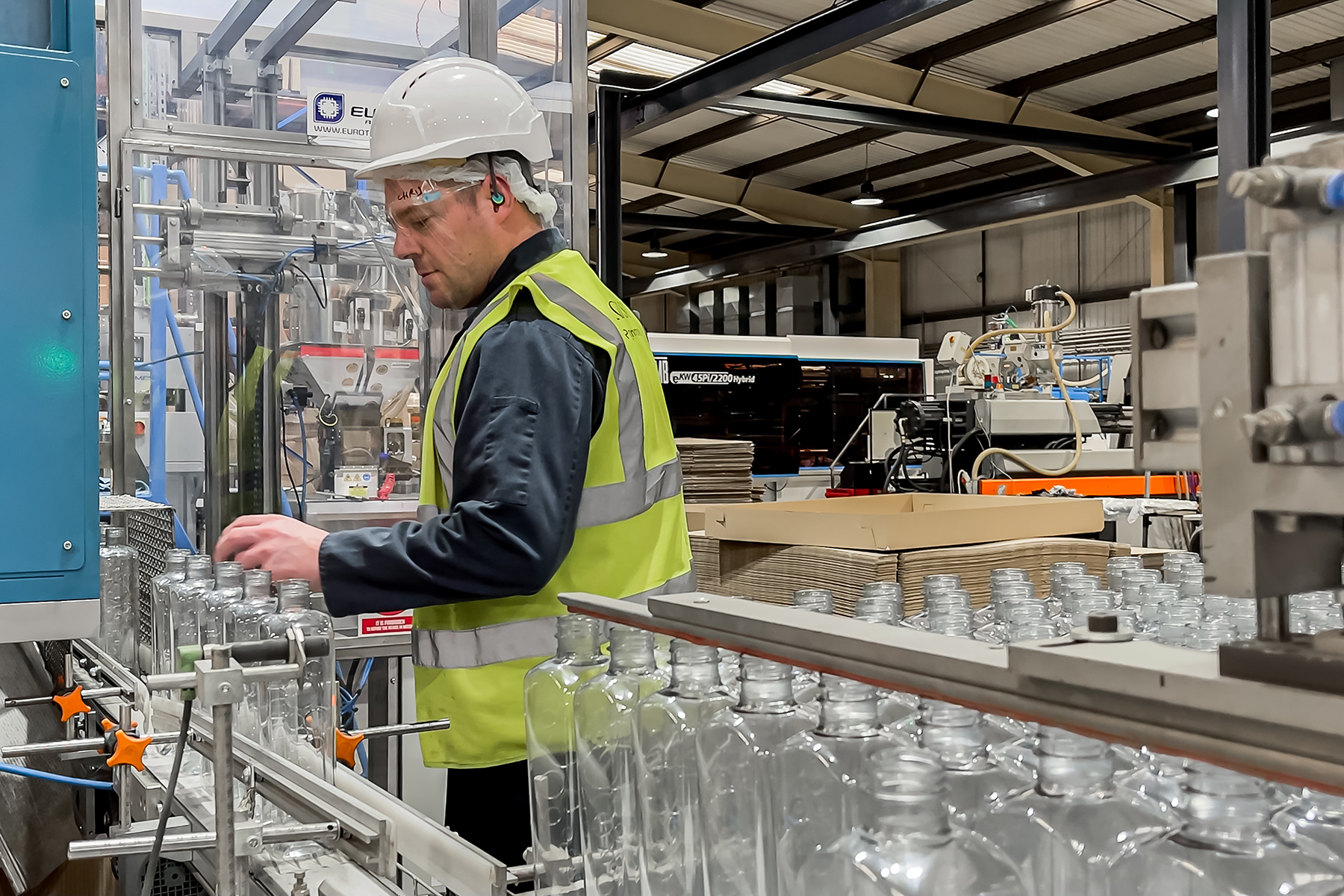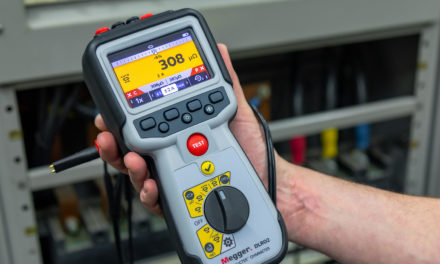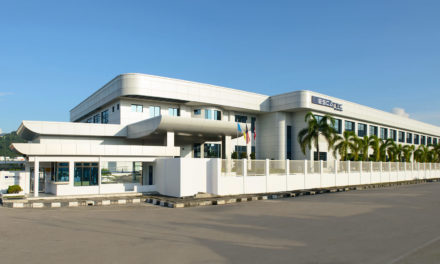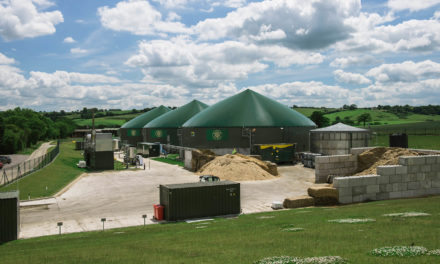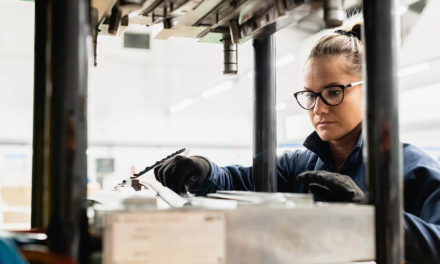Robinson PLC
Mid-Sized Champions – Robinson plc
A 143-year old company from Chesterfield has invested in product innovation, energy saving, recycled materials and effective design in its drive to create a circular economy packaging business.
Chemist and medicine vendor, John Bradbury Robinson, established the company that bears his name in Chesterfield in 1839. Wanting to dispense pills and medications in a portable package, rather than loose as was the standard practice, he bought a round box business for the containers. This novel approach proved to be a huge success. The company grew and remained family-owned until 2004, when it was floated on AIM. Robinson still makes rigid cardboard packaging but much else has changed, driven by product innovation.
“The business has always been driven by innovation,” says Helene Roberts, CEO. “The Robinson company developed and manufactured the world’s first crepe bandage for treating soldiers in the Crimean War, and developed the first disposable nappy in the 1950s.” Over the past 20 years, Robinson plc has divested from the medical sector as production of bandages and dressings moved offshore. It is now a £50m international packaging company, designing and producing plastic bottles, closures, pots, containers and more, and paperboard packaging, especially luxury boxes – linking back to its origin. After Rowntree in the 1950s requested that it replace the iconic Smarties tube metal end cap, the company bought a business in nearby Ashfield and moved into plastics, which has become its main product family.
Production and markets
Robinson has three plants in the UK; one producing rigid paperboxes, the other two plastic packaging, two plants in Poland, in Lodz and near Warsaw, and it bought a business in Denmark in early 2021. The five plastic factories make injection moulded, injection stretch blow moulded and extrusion blow moulded packaging, from bottles to pots and closures. Nearly 400 people are employed across the six sites. The company services the food and beverage, household, personal care, beauty and luxury goods customers, including large organisations like Unilever, Procter & Gamble and Reckitt Benckiser, as well as specialist companies like Holdsworth, supplying rigid boxes for its luxury Easter eggs.
“The paperbox packaging operation is geared towards specialist and luxury goods but has also grown from the increase in home delivery, especially subscription shopping business models,” says Roberts. “Plastic packaging has had organic annual growth of 5-6% over the past 10 years, excluding acquisitions.”
Around 70% of its UK plastic production is for the food and beverage industry, although this represents less than half of the Poland factories’ output, which is oriented to homecare and personal care. The Danish plant is primarily focused on home care; its food and drink business mainly produces larger-capacity containers for foodservice and catering.
A big USP is paperboxes for luxury gifts and chocolates. The packaging needs to match what is inside; the consumer partly judges the chocolate or perfume by the quality of the box. Robinson has built a strong niche for designing and making such specialist luxury card boxes.
Sustainability: Key to survival, growth and stakeholders
Alongside growth, Robinson’s primary focus is sustainability, developing greener packaging and moving to being a net zero business.
“Our first aim is to reduce our consumption and our overall plastics usage. By 2025, we will have reduced the amount of virgin plastic by 10%, predominantly by lightweighting or replacement of virgin material with recycled,” Roberts explains. The second aim is to increase the use of recyclate. “We are on course to achieve 30% recycled content by the end of 2022. There are some product areas where we are approaching 100%.” One driver of this, but not the prime motivator, is the new Plastics Packaging Tax, a tax on plastic produced that does not contain minimum 30% recycled content.
The third leg is to make all products fully recyclable. Robinson has either removed or is removing all non-recyclable material or very difficult to reuse, such as polystyrene.
“It isn’t that polystyrene is impossible to recycle, more that there is no commercial outlet for it,” she says. “We have simplified our operations to use just three plastics: PET (polyethylene terephthalate), most widely used in drinks bottles; PP (polypropylene), which we use to make plastic pots; and PE (polyethylene), for bleach bottles, for example.” PE comes as either HDPE or MDPE, high or medium density, respectively.
Hurdles: Legislation and local practice
There are some legislative limits on the drive for complete recycling. For example, some materials are not authorised for food packaging. In Denmark, all plastic waste goes to incineration and energy generation. To achieve 30%, 50% or 100% recycled content there, Robinson had to import recyclate material. Notwithstanding, it has worked with a local consortium and launched a 100% rHDPE material into that market made from local waste material.
“In the UK, we use 100% recycled PET for products like personal care bottles,” Roberts says. “We are working with our big customers to make closed loop a reality by 2023 and we will collaborate where we cannot make these improvements ourselves,” she says. The business is making similar eco efforts in its paper and board packaging business – but it is not just about materials.
“It’s about our people and our operations, too,” Roberts adds. “We have achieved zero waste to landfill across all our operations. We have invested in electric and hybrid moulding machinery, which has cut down our energy usage. We are investigating systems to recover heat from our operations and use it to heat our offices. I want to see the business fit for the next 200 years. If we were to continue doing the same things we did 20 years ago, we wouldn’t be around in 2040.
She emphasises: “Sustainability is not a
hobby. It is fundamental to the business. And commercially it makes sense.”
“ Sustainability is not a hobby. And commercially it makes sense”
Above: Robinson CEO, Helene Roberts, takes us behind the scenes at the firm’s packaging plants in the UK and Europe
“ We have achieved zero waste to landfill across our operations… and are investing in systems to make our business fit for the next 200 years”

